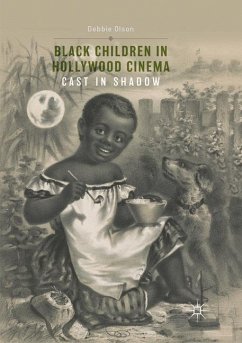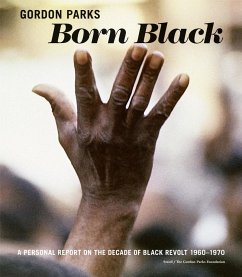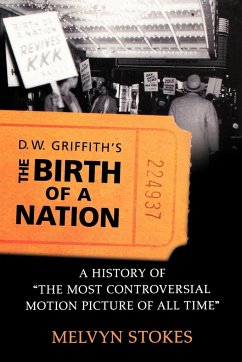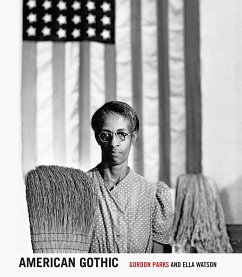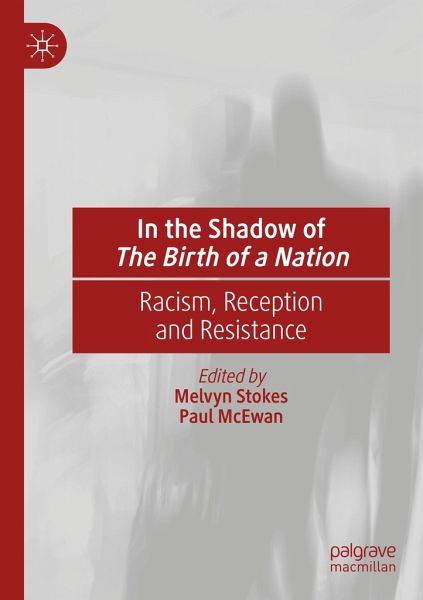
In the Shadow of The Birth of a Nation
Racism, Reception and Resistance
Herausgegeben: Stokes, Melvyn; McEwan, Paul
Versandkostenfrei!
Versandfertig in 6-10 Tagen
106,99 €
inkl. MwSt.

PAYBACK Punkte
53 °P sammeln!
This collection brings together many of the world's leading scholars on race and film to re-consider the legacy and impact of D.W. Griffith's deeply racist 1915 epic The Birth of a Nation. While this film is often cited, there is a considerable dearth of substantial research on its initial impact and global reach. These essays fill important gaps in the history of the film, including essential work on its sources, international reception, and African American responses. This book is a key text in the history of the most infamous and controversial film ever made and offers crucial new insights ...
This collection brings together many of the world's leading scholars on race and film to re-consider the legacy and impact of D.W. Griffith's deeply racist 1915 epic The Birth of a Nation. While this film is often cited, there is a considerable dearth of substantial research on its initial impact and global reach. These essays fill important gaps in the history of the film, including essential work on its sources, international reception, and African American responses. This book is a key text in the history of the most infamous and controversial film ever made and offers crucial new insights to scholars and students working in film history, African American history and the history of race relations.




